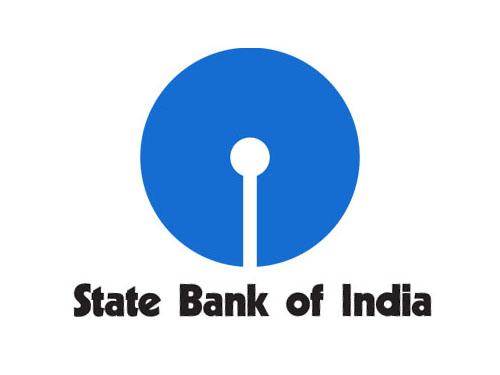Cloze Test New pattern Questions for SBI PO : Set 9
Want to Become a Bank, Central / State Govt Officer in 2020?
Join the Most awarded Coaching Institute & Get your Dream Job


Now Prepare for Bank, SSC Exams from Home. Join Online Coure @ lowest fee
Lifetime validity Bank Exam Coaching | Bank PO / Clerk Coaching | Bank SO Exam Coaching | All-in-One SSC Exam Coaching | RRB Railway Exam Coaching | TNPSC Exam Coaching | KPSC Exam Coaching
Cloze Test New pattern Questions for SBI PO : Set 9
D.1-10): In the following passage there are words highlighted, each of which has been numbered. These numbers are printed below the passage and against each, four words are suggested marked as (a), (b), (c) and (d) out of which only one word fits in. If the given word itself is appropriate mark your answer as (e).
H) In our preoccupation with growth-rate figures, surging stock-market indices, nuclear might and the quest for a permanent Security Council seat, we no longer ask what it is to be free. Is it because the idea of freedom is elusively difficult to define? Has our preoccupation with the here and now made us (1) pitch and limit the notion of freedom? Or is it just a case of taking freedom for granted? Is it because we have begun to believe in the propaganda of our own power and invincibility, illustrated only a year ago in the (2) shrillness of the “India Shining” propaganda? The answer to all these questions is a bit of all these and much more. Whatever be the definitional problems with freedom, it is possible to identify the (3) dependent freedoms India has lost and won in the past 58 years. The most visible loss of liberty during this period is the lack of freedom from poverty. Poverty is ugly and the most (4) portrayed form of slavery. It dehumanises the spirit and shows the (5) sufficiency of an entire people. Gandhi said that he was working for winning Swaraj (independence) “for those toiling and unemployed millions who do not get even a square meal a day and have to scratch along with a piece of stale roti and a pinch of salt.” In that sense, a very (6) paltry part of India still lives in (7) uneven. Closely linked to this is the lack of freedom from hatred, violence, bigotry and corruption. Communal riots, sectarian violence and ubiquitous corruption have severely restricted the freedoms a citizen enjoys. Parochialism and a limiting notion of nationalism have reduced considerably the amount of freedom a citizen enjoys today, and to that extent, the (8) continuousness of unfreedom has been on the rise. Inability to build institutions and nurture them is the next roadblock in the path of freedom. Consequently, freedom from arbitrariness still remains a distant dream. The ordinary citizen is constantly being (9) assailed by what Tagore called the “insolent might” of the powerful. In large areas of public life, might seems to be the only right. Above all, freedom from mediocrity is still a distant dream. This manifests itself visibly in ugly buildings, inadequate civic infrastructure and environmental degradation. Otherwise, the inability to produce original ideas and new knowledge is the most obvious illustration of this loss of freedom. Predictably, the ability to use technology someone else has created is often mistaken to be a sign of originality. In routine ways, we are mostly happy to (10) reconcile for the second best or intellectual handouts. The story of freedom in India is not, however, one of gloom and doom alone.
1)
a) launch
b) slash
c) shrink
d) virgule
e) No correction required.
2)
a) tartness
b) apishness
c) piousness
d) lowness
e) No correction required.
3)
a) enlistment
b) substantive
c) perceptive
d) contingent
e) No correction required.
4)
a) preached
b) depiction
c) grotesque
d) inculcated
e) No correction required.
5)
a) inadequacy
b) peremptory
c) pitiful
d) imperious
e) No correction required.
6)
a) secure
b) incorporeal
c) fragile
d) substantial
e) No correction required.
7)
a) mortgage
b) agitation
c) torment
d) bondage
e) No correction required.
8)
a) tumult
b) discrete
c) apparent
d) quantum
e) No correction required.
9)
a) violate
b) forced
c) rebel
d) acclaimed
e) No correction required.
10)
a) settle
b) dreg
c) laud
d) savage
e) No correction required.
Answer Key:
1) c 2) e 3) b 4) c 5) a 6) d 7) d 8) d 9) e 10) a.





2 comments
Hi there! This blog post could not be written much better! Reading through this post reminds me of my previous roommate! He continually kept talking about this. I most certainly will send this article to him. Pretty sure he will have a great read. Thanks for sharing!
too tough 🙁